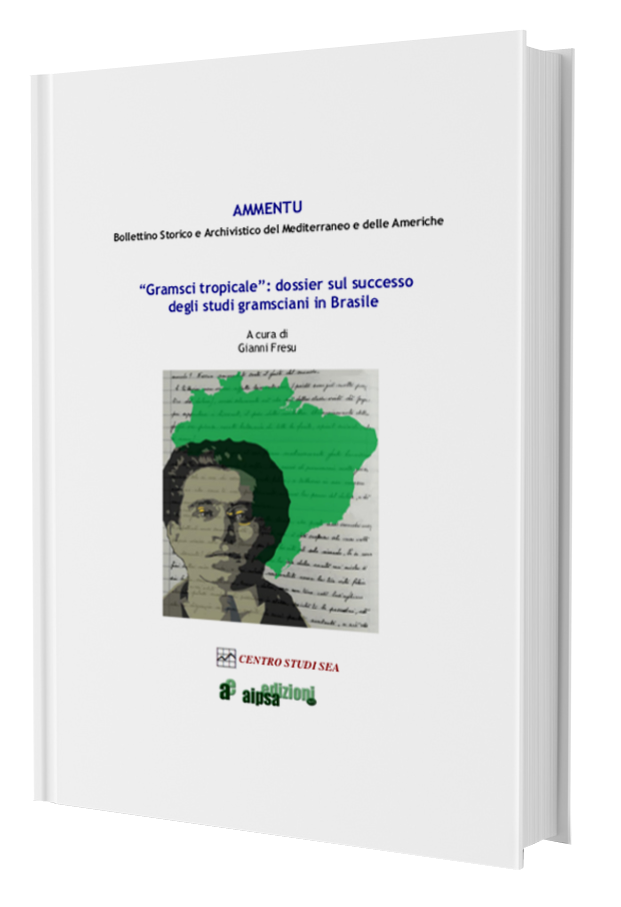Gramsci and Pareto: on the passivity of the masses
DOI:
https://doi.org/10.19248/ammentu.363Keywords:
Elite theory, Vilfredo Pareto, Philosophy of Praxis, Antonio Gramsci, Social changeAbstract
By studying theoretical and political sources of Antonio Gramsci’s thought in the Prison Notebook we have identified in the elite theory and its assumption of the historical passivity of the masses one of the most important debates that underlies the Gramscian approach to the social revolution. It is known that Vilfredo Pareto is one of the systematizers of elitism in Italy and a very influential author in the culture of his time. However, the debate with elitism is indirect, being mediated by Niccolò Machiavelli, who is also a reference for Gramsci, and by the Italian culture of the first half of the twentieth century. In this article we propose to reconstruct and confront the authors’ arguments in order to bring to light two equally realistic but diametrically opposed views on the problems involved in the concrete possibilities of historical changes, especially those that refer to the political action - or inaction - of the popular masses.Downloads
Published
2020-06-18
Issue
Section
“Gramsci tropicale”: dossier sul successo degli studi gramsciani in Brasile
License
Note on the copyright
The Copyright Notice below must be included with the journal information and in the metadata for each published article. Although every journal can freely determine the nature and scope of the copyright agreement with its authors, the Public Knowledge Project recommends the use of a Creative Commons license. For these purposes, an example is provided and may be copy and pasted in the space below for those journals that (a) offer open access, (b) offer deferred open access or (c) do not offer open access.









